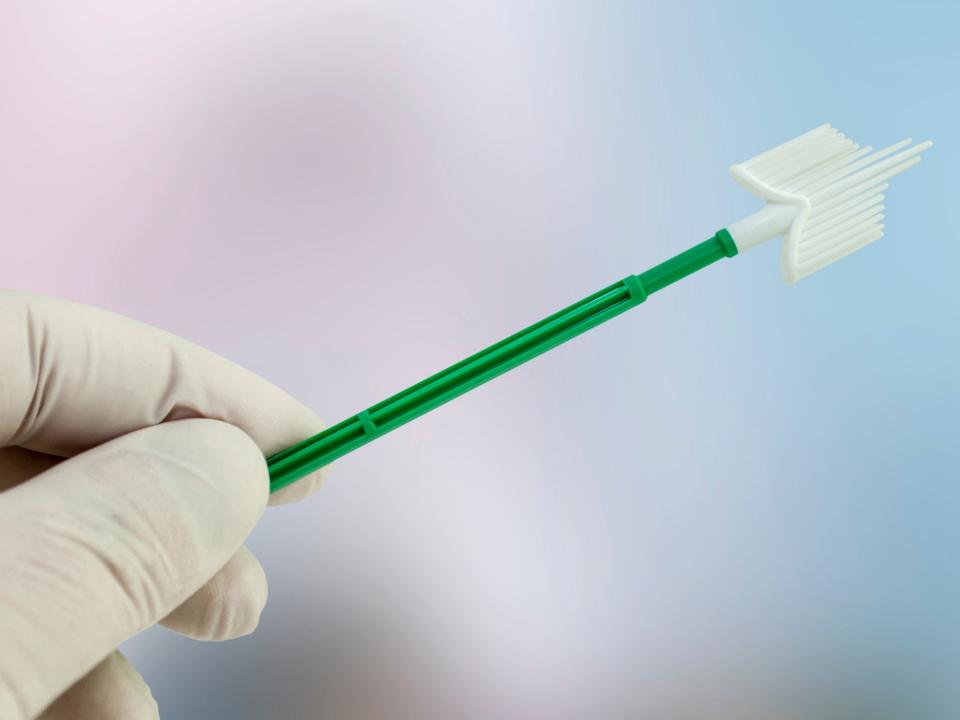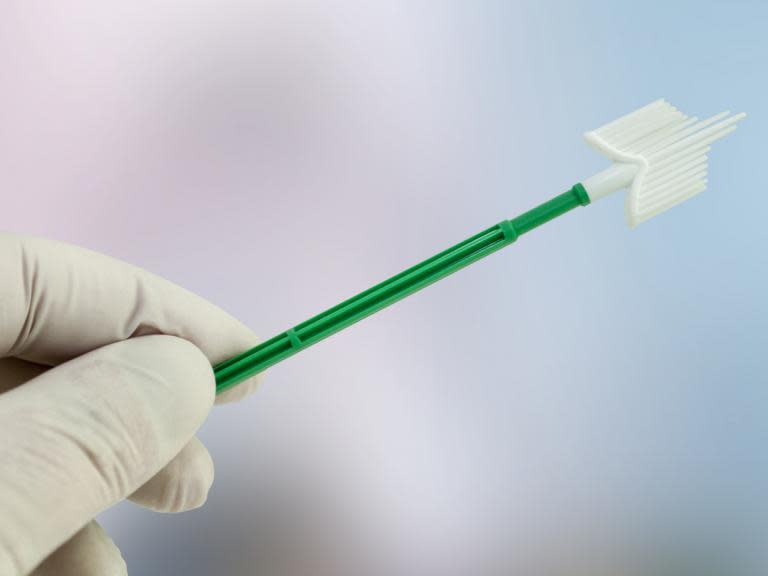Cervical screening service in ‘meltdown’ after smear test campaign
The cervical screening service has been left in a "meltdown" following a recent campaign to increase awareness of smear tests, a health official has claimed.
The coinciding of planned laboratory closures with a recent smear test initiative run by Public Health England (PHE) means women may have to wait months before receiving their cervical cancer screening results.
Dozens of hospital screening laboratories in the UK are due to close this summer as part of a restructuring process.
"The service is in meltdown," chair of the British Association for Cytopathology (BAC) Alison Cropper told The Guardian.
Ms Cropper added that the timing of the campaign had been "poorly thought-out", saying it had been launched at "the worst time there could possibly have been".
Despite the likelihood of women having to wait longer than expected for their smear test results, Ms Cropper stated that PHE hasn't yet altered the wording on the cervical screening letters sent to patients, which outline the average waiting time for results as 14 days.
In February, a report released by Whitehall's spending watchdog National Audit Office (NAO) warned that in October 2018, there had been a backlog of almost 100,000 cervical screening samples waiting to be tested.
The watchdog also stated that at least 98 per cent of women should receive their results within a fortnight, a target which hasn't been met since November 2015.
Professor Anne Mackie, director of screening at PHE, said that the delays in women receiving their results is "far from what we would want".
Professor Mackie added that it's still important for women to regularly have smear tests so doctors can identify any "abnormalities that could develop into cancer years later".
"We worked closely with NHS England to ensure that the screening system was given advance notice," the professor stated.
"It it more important that we increase the numbers of women getting screened and prevent more lives being lost than delay further what has been long awaited."
In November 2018, it was announced PHE would be launching its first national multimedia cervical screening initiative in March 2019.
The aim of the 'Cervical Cancer Saves Lives' campaign is to encourage women of all ages to book their smear tests, and raise awareness about the risks of cervical cancer.
In the UK, around five million women and people with a cervix are invited to have cervical screenings every year, Jo's Cervical Cancer Trust explains.
One in four of those invited don't go for their screenings, one of the predominant reasons being embarrassment.
“We want women to feel comfortable talking to their nurse and asking questions," said Robert music, chief executive at Jo's Cervical Cancer Trust.
"It’s not making a fuss and there are many ways to make the test easier. Please don’t let your fears stop you booking a test.”



